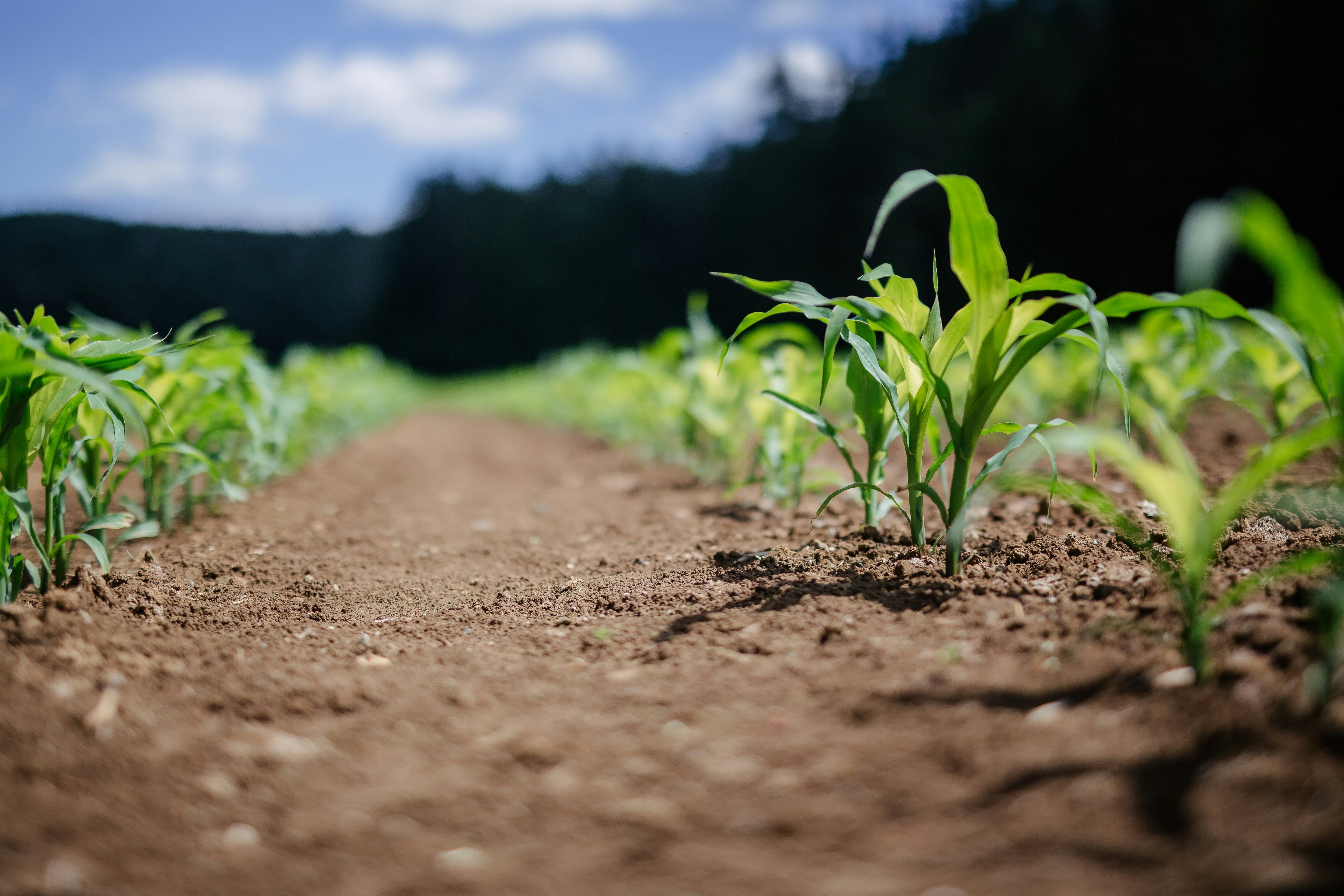
What Caught My Eye: Readings and reflections on regenerative finance, farming, and the forces reshaping sustainability.
Regeneration is showing up in unexpected places—from the vineyards of Bordeaux, to citizen science platforms to AI-powered almond farms. I’ve been tracking how these shifts unfold across sectors, revealing both promising breakthroughs and persistent blind spots.
This week’s selection underscores the need to ground regenerative transitions in place-based, participatory approaches—whether in farming, energy, or finance. From food company scorecards that bring much-needed transparency to regenerative claims, to renewable energy projects that must do more to respect ecosystems and communities, these stories reveal the fine line between “green” and regenerative.
Here are this week’s highlights—curated in the hope that one or two might resonate, challenge, or inspire.
-
Regenerative Food Grading – How a new report scores food giants on real outcomes, transparency, and farmer support
-
Rethinking Renewables – How poor planning puts biodiversity at risk—and why local input matters
-
Regenerative Investment Model – DSM Land’s “Tree Model” ties conservation to accessible, purpose-driven finance
-
Citizen-Powered Regeneration – How iNaturalist users are helping rediscover species and restore ecosystems
-
Regenerative Terroir – Why winemakers are embracing soil-first practices for resilient, expressive vines
-
Soil Science for Resilience – Minnesota’s research shows regenerative practices rebuild soil and climate stability
-
Heat Threatens Pollinators – Rising heat kills key beetles, putting Indonesia’s palm oil at risk
-
Pollinators for Resilience – Regenerative cocoa practices boost yields and climate resilience without expansion
If you see any stories of note about these themes, please do be in touch!
Regenerative Food Grading
This report by As You Sow evaluates how 20 major food companies are implementing regenerative agriculture across their supply chains. It identifies a lack of universal standards as a key barrier to accountability and investor clarity, and introduces a scorecard assessing company transparency, farmer support, and measurable outcomes. The report aims to benchmark regenerative strategies and highlight best practices that contribute to healthier soils, biodiversity, and food systems.
Read more: From the Ground Up: Transparent Pathways to Regenerative Food Systems
Rethinking Renewables
This article calls for a more regenerative and localized approach to the energy transition, highlighting the unintended environmental and social harms of poorly planned renewable energy projects. In Spain, for instance, solar installations threaten olive groves, while offshore wind projects disrupt marine ecosystems. Experts advocate for participatory planning that safeguards traditional land uses and biodiversity, ensuring renewable energy is deployed with ecological sensitivity.
Read more: Experts urge rethink on renewable energy and its hidden environmental impact
Regenerative Investment Model
DSM Land’s “Tree Model” reimagines land ownership and investment as an ecosystem rooted in regeneration. Through a trunk-and-branches structure, it supports long-term conservation while incubating purpose-driven ventures—such as agroforestry, equine therapy, and youth education—that restore degraded land and serve communities. By lowering the barrier to entry and enabling investments from $100, DSM Land makes regenerative finance accessible while aligning capital with ecological restoration and community well-being.
Citizen-Powered Regeneration
A new international study reveals how citizen-contributed wildlife photos on iNaturalist are transforming biodiversity research and conservation. By documenting species' ranges, behaviors, and even rediscovering lost species, the platform enables regenerative science that leverages everyday observations to restore ecosystems and protect biodiversity. Researchers highlight the vast, underutilized potential of this global crowdsourced data to support ecological restoration and biodiversity conservation.
Read more: Your nature photo might be a scientific breakthrough in disguise
Regenerative Terroir
Regenerative agriculture is gaining traction in the global wine industry, with vintners embracing soil-first practices like cover cropping, no-till farming, and agroforestry to build resilient ecosystems and enhance grape quality. From Bordeaux to California, winemakers report stronger vines, improved water retention, and more expressive wines—while organizations like the Regenerative Organic Alliance are scaling certification efforts. The movement redefines terroir to include the entire ecosystem, linking ecological restoration with premium wine.
Read more: Viniculture’s New Frontier: Regenerative Agriculture
Soil Science for Resilience
The University of Minnesota is spearheading regenerative agriculture research to restore soil health, enhance climate resilience, and improve water quality across the state’s farmland. Through initiatives like Forever Green and the Long-Term Agricultural Research Network, scientists are testing perennial crops, diverse rotations, and integrated livestock systems that rebuild the soil's physical, biological, and chemical integrity. Their work shows regenerative practices not only withstand extreme weather but also offer economic and ecological solutions for future farming.
Read more: Healthy soils, healthy environment
Heat Threatens Pollinators
Indonesia’s palm oil yields are under threat as rising temperatures endanger Elaeidobius kamerunicus, the key beetle species responsible for oil palm pollination. Researchers at ICOPE 2025 warn that heatwaves exceeding 43°C kill beetle larvae and disrupt pollination, jeopardizing a cost-effective, natural system. Experts advocate for regenerative practices such as habitat preservation and reduced pesticide use to protect pollinators and support long-term plantation health.
Read more: Indonesia’s Palm Oil at Risk as Rising Temperatures Kill Pollinating Beetles
Pollinators for Resilience
A new Oxford-led study shows that enhancing pollination through regenerative practices like maintaining leaf litter, reducing chemical inputs, and providing shade can boost cocoa yields by 20% while building climate resilience. Conducted across Brazil, Ghana, and Indonesia, the research highlights how biodiversity-centered strategies can future-proof cocoa production without expanding plantations, offering a nature-based solution to global chocolate supply threats.
Read more: New study highlights ways to future-proof cocoa production
